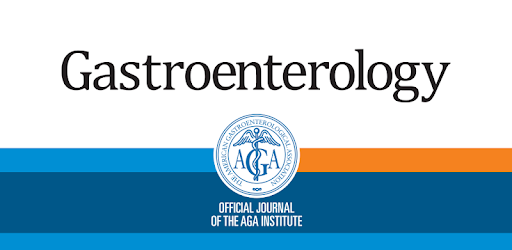
Editor's Note Private equity ownership drives up colonoscopy prices without delivering better patient outcomes, according to a large retrospective analysis. While independent and private equity-acquired gastroenterology practices show no significant difference in quality, prices at private equity practices rose sharply, especially in highly consolidated markets. The study, published in JAMA…

Editor's Note A multidisciplinary expert panel has released the first evidence-based airway management guidelines specific to patients living with obesity. Published June 5 in Anaesthesia, the 43-point framework—developed by the Society of Obesity and Bariatric Anaesthesia (SOBA)—offers perioperative strategies aimed at improving the safety and consistency of care in a…

Editor's Note A new blood test shows promise in detecting colorectal cancer—the second leading cause of cancer deaths in the US—but was less effective at identifying precancerous polyps, according to a June 2 announcement from Kaiser Permanente. Not yet approved by the US Food and Drug Administration, the test is…

Editor's Note Routine colonoscopy surveillance after polyp removal is safe for adults over 75 and should not be ruled out based on age alone, according to a new study from Kaiser Permanente published on May 27 in Clinical Gastroenterology and Hepatology. The research, conducted as part of the National Cancer…

Editor's Note Research published in Nature reveals that DNA damage caused by colibactin-producing gut bacteria is far more prevalent in younger patients with colorectal cancer, NBC News reports, suggesting a key factor behind the disturbing rise in cases among people under 40. According to the April 23 article, researchers from…

Editor's Note The American College of Gastroenterology (ACG) is warning that millions of Americans could lose access to essential colorectal cancer (CRC) screenings if the Supreme Court rules against the role of the US Preventive Services Task Force (USPSTF) in guiding preventive care coverage. According to the organization’s March 7…

Editor's Note New consensus recommendations from the US Multi-Society Task Force on Colorectal Cancer (MSTFCRC) set a 90% adequacy benchmark for bowel preparation in colonoscopy, reinforcing the role of preparation in ensuring accurate screenings and reducing the risk of missed lesions. As detailed in a March 4 joint press release…
Editor's Note Coinciding with Colon Cancer Awareness Month, AMSURG—a leading provider of ambulatory surgery center (ASC) services and GI care—has launched an educational push to boost colonoscopies and reduce soaring colon cancer rates, particularly among younger adults, a March 3 press release reports. The campaign highlights the lifesaving impact of…

Editor's Note Individuals with negative colonoscopy screening (NCS) results face significantly lower long-term risk of colorectal cancer (CRC) incidence and mortality, suggesting the recommended 10-year rescreening interval could be safely extended for low-risk populations, according to a study published in JAMA Oncology. Healio reported on the results January 15. As…

Editor's Note Stool-based testing strategies could significantly reduce the number of colonoscopies required for post-polypectomy colorectal cancer (CRC) surveillance while maintaining equivalent long-term outcomes in cancer incidence and mortality, according to research published August 30 in Gastroenterology. Conducted in the Netherlands, the cross-sectional observational study compared three stool tests—multitarget stool…